
13 Unbelievable Superstitions Across The Globe That Are Believed To Bring Good Luck
Who knows, maybe you'll get lucky if any of these things happen to you.

There are some things in this world that cannot be explained. Even with all our fancy gadgets and scientific know-how, there are still mysteries that keep us scratching our heads.
That’s where superstitions come in. Superstitions are those funny beliefs and rituals that don’t seem to follow any logic, yet they stick around generation after generation. Whether it’s avoiding walking under ladders, crossing our fingers for good luck, or thinking a rabbit's foot will bring us fortune, superstitions are a part of human tradition.
But why do we cling to these quirky customs? Well, they give us a sense of control in a world that can feel pretty chaotic at times.
When things get uncertain or scary, superstitions offer us a bit of comfort. They’re like a security blanket for our minds, helping us feel a little safer in the big, unpredictable world.
So, even though they might seem a bit silly, superstitions are a fascinating window into how our brains work and how we cope with the uncertainties of life. And no matter how modern we think we are, there’s still a bit of ancient magic lurking in our minds.
Today's post will focus on good luck superstitions. If any of these things happen, you don't need to make sense of them — just consider how lucky you are.
The Chinese word for eight bears resemblance to those for fortune and prosperity.
Anything associated with this number is considered auspicious.
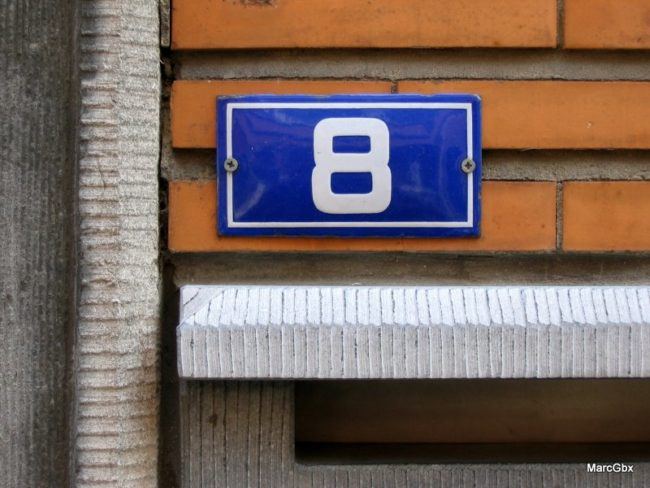 Flickr / Marc Delforge
Flickr / Marc DelforgeAccording to Swiss tradition, planting a tree outside one's home after marriage is believed to bestow good fortune and enhance fertility.
 Flickr / falcon0125
Flickr / falcon0125
In Argentinian tradition, consuming beans on New Year's Eve is believed to bring about success and ensure job security.
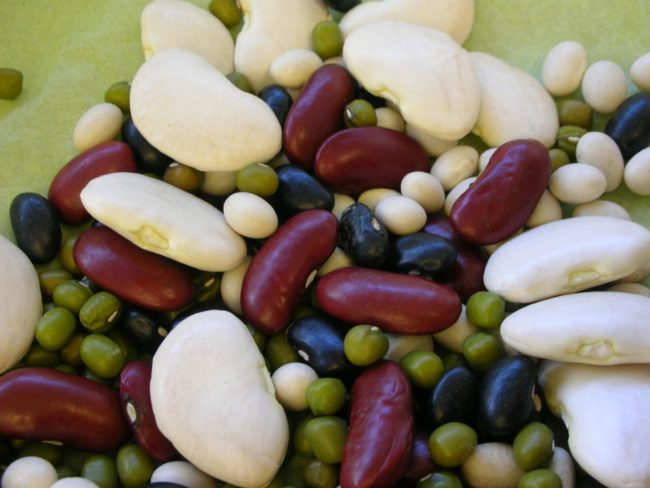 Flickr / stephalicious
Flickr / stephaliciousWhen visiting Japan and exploring the Sensoji Temple, you'll encounter a sizable incense burner positioned outside the main entrance.
It's widely believed that passing through the smoke emitted from this ancient Buddhist temple enhances one's health and general well-being.
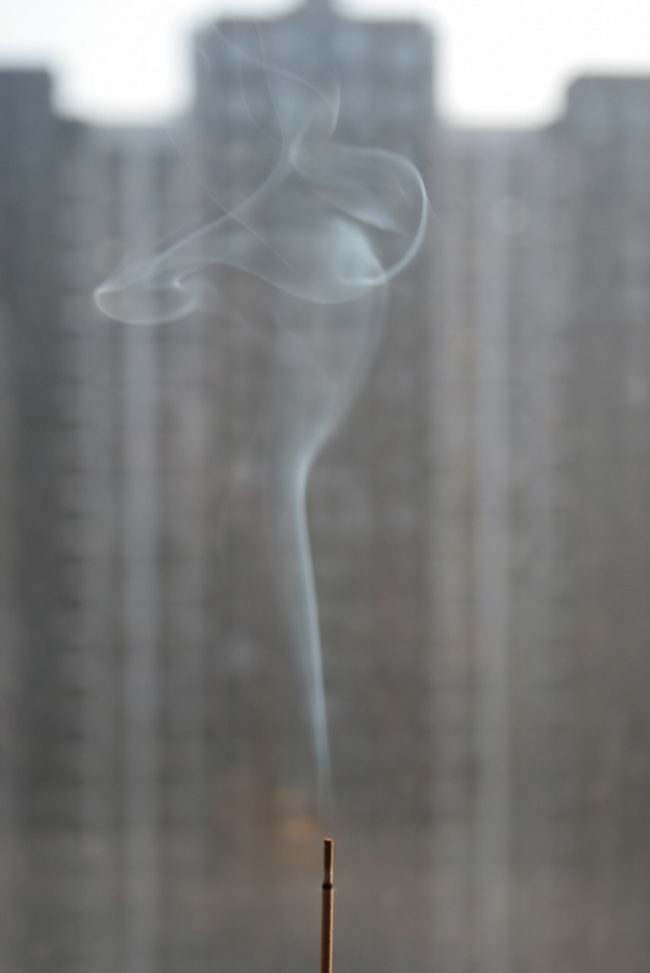 Flickr / keso s
Flickr / keso s
The Brits say the word "rabbit" on the first day of the month before getting out of bed.
Originating in the early 20th century, this superstition is believed to bring good fortune for the upcoming month.
 Flickr / Marit & Toomas Hinnosaar
Flickr / Marit & Toomas HinnosaarIrish brides adorn their dresses with bells, a tradition believed to ward off malevolent spirits during the wedding ceremony.
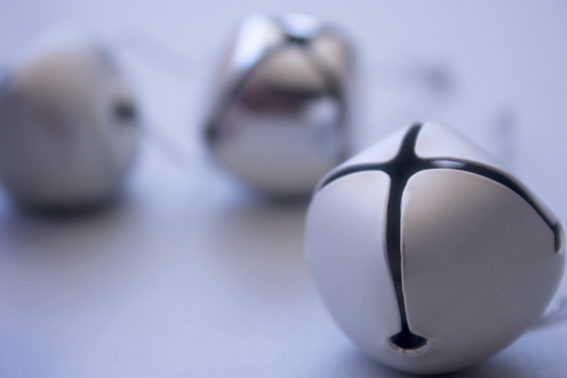 Flickr / Clarissa de Wet
Flickr / Clarissa de Wet
In Thailand, it is believed that surrogate phalluses bring good luck to men and boys.
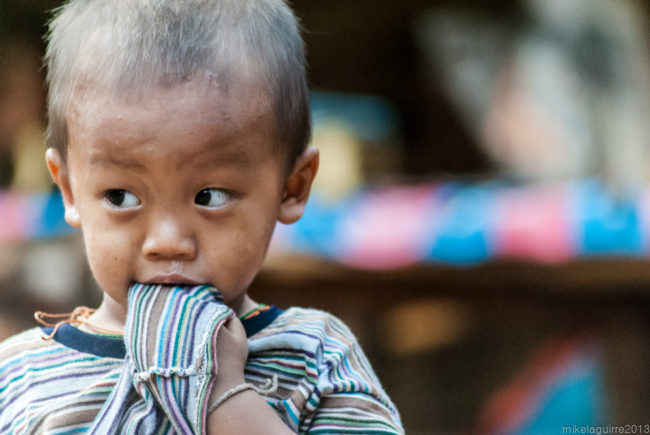 Flickr / Mikel Aguirre
Flickr / Mikel AguirreWith each toll of the bell, the Spanish eat one grape to ensure good fortune throughout the twelve months ahead.
 Flickr / Stephen
Flickr / Stephen
Chinese tradition holds that good fortune enters through the front door, prompting them to ensure that the entryways of their homes remain clear of any dirt.
 Flickr / Laurel F
Flickr / Laurel FThe Danes throw dishes at people's homes to wish them good luck.
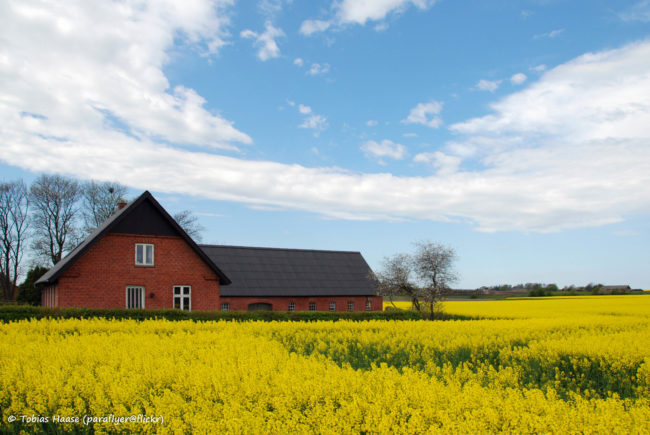 Flickr / Tobias Haase
Flickr / Tobias Haase
If a bird poops on you, your home, or your car in Russia, expect financial luck coming your way.
 Flickr / Dennis Yang
Flickr / Dennis YangIn Serbia, when individuals are gearing up for nerve-wracking occasions such as job interviews, friends and family customarily spill water behind them.
This act symbolizes tranquility during challenging moments, as water represents fluidity and calmness.
 Flickr / Taro Taylor
Flickr / Taro Taylor
Stepping on dog poop is such a bummer, but in France, if your left foot steps on it, luck is said to be on your side.
Conversely, stepping in it with your right foot is believed to bring bad luck.
 Flickr / Bradley Gordon
Flickr / Bradley GordonTurns out, everyone else from around the world is just as quirky as we are. Even though these customs might seem illogical, there's no harm in partaking in rituals that bring a sense of comfort in the end.
Does your country also have those good luck superstitions you frequently follow? And do they work?
May







